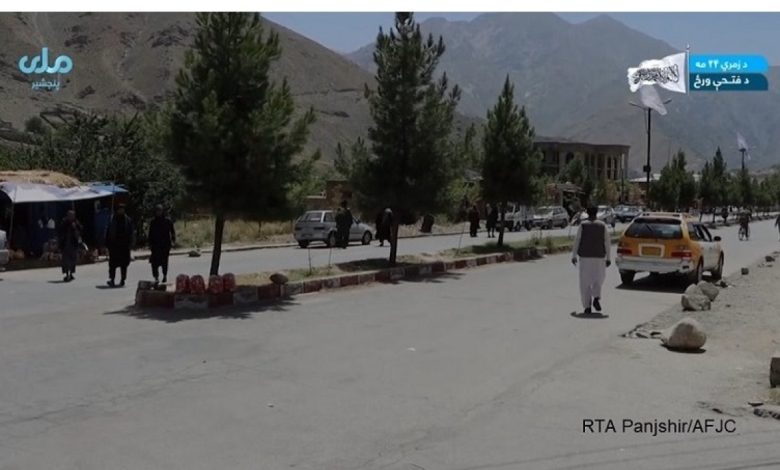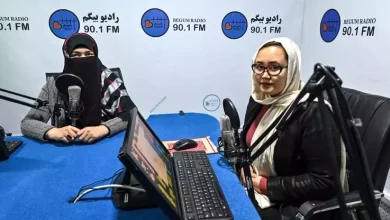
Ban on Broadcasting Images of Living Beings Expanded to Panjshir
The Taliban have officially banned the broadcasting of images of living beings in Panjshir province. With this move, the number of provinces where the restriction is formally enforced has reached 18.
According to a statement issued on Monday, May 5, by the office of Mohammad Agha Hakim, the Taliban-appointed governor of Panjshir, the decision was made during a meeting attended by local Taliban officials and religious scholars. The move is framed as part of the implementation of the Taliban’s “Promotion of Virtue and Prevention of Vice” law.
During the meeting, the governor emphasized that publishing images of living beings contradicts the provisions of this law and must be stopped. He also announced the formation of committees to monitor the enforcement of this order and warned that violators would be dealt with according to the law.
A local journalist in Panjshir told the Afghanistan Journalists Center (AFJC) that the formal implementation of this restriction has significantly limited media operations in the province. Currently, only Radio Kachkan and the provincial branch of the national radio and television service remain operational under strict oversight.
Previously, provinces such as Kandahar, Takhar, Badghis, Helmand, Nangarhar, Nuristan, Farah, Nimruz, Badakhshan, Baghlan, Jawzjan, Zabul, Parwan, Kunduz, Bamyan, Daikundi, and Faryab had also officially issued similar orders.
Under Article 17 of the Taliban’s “Promotion of Virtue and Prevention of Vice” law, published on August 22, 2024, Taliban religious enforcement units are mandated to prevent the publication of such images. In provinces where this law is in effect, only audio or written forms of media that do not include images of living beings are permitted.
The AFJC has expressed serious concern over the expansion of this ban, warning that it is entirely at odds with the principles of freedom of expression and the country’s media law. The organization says the spread of this restriction will lead to the closure of more media outlets, the cessation of visual media activities, and severe limitations on public access to information.
The AFJC has urged the Taliban to reconsider their decision and to repeal media directives that contradict national media laws, in order to ensure a safe and free environment for journalists and media workers.
However, in a recent meeting in Paktia, the Taliban’s supreme leader reiterated the unconditional enforcement of the “Promotion of Virtue and Prevention of Vice” law.
In addition to targeting the media, the Taliban’s law has also imposed severe restrictions on women, including a ban on women speaking in public outside the home.



